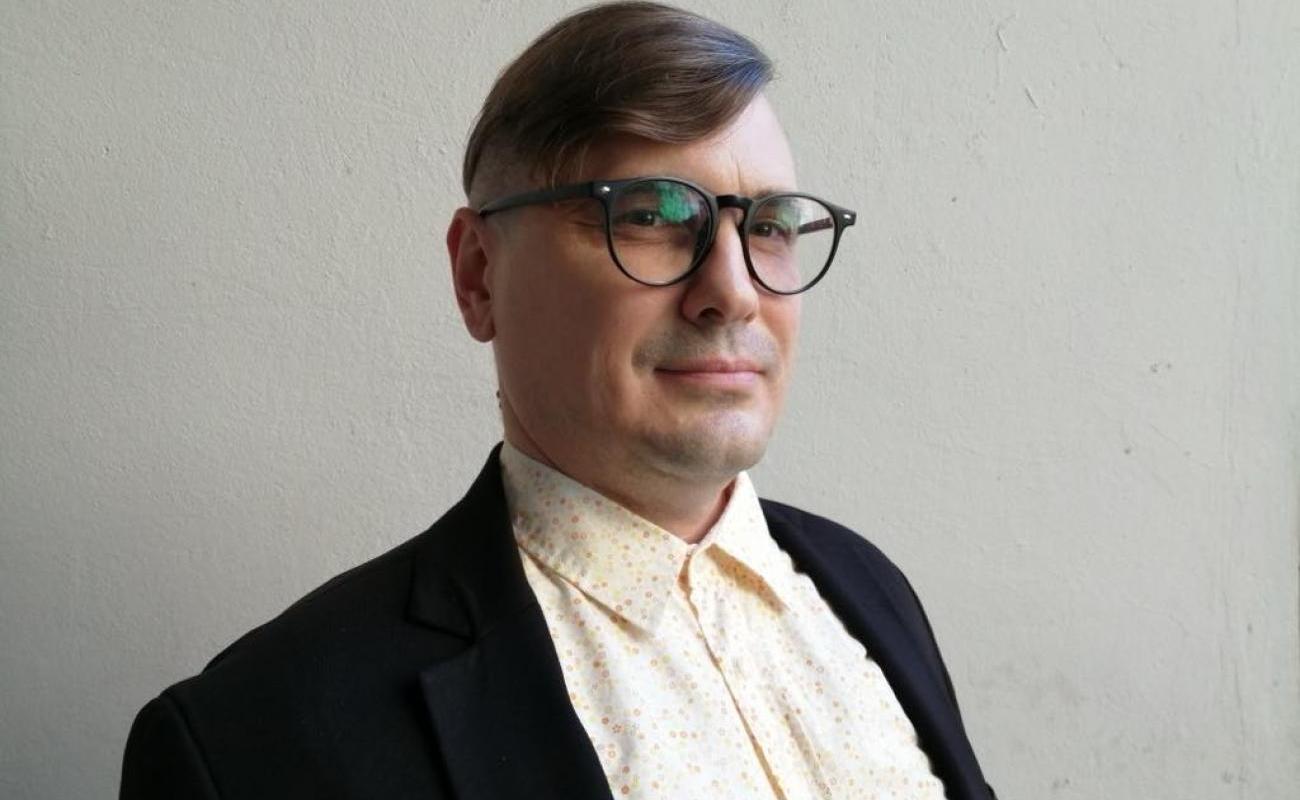Russian propaganda against “Color Revolutions” as a shield for Aleksandar Vučić

For almost two months, protests and blockades have been ongoing in Serbia due to the deaths of 15 people who died when a roof canopy collapsed at the recently renovated Novi Sad Railway Station. Since then, protests have been ongoing throughout Serbia, and are growing in number and size every day. Citizens, especially young students, high school students and their parents who are the bearers of the protests, are generally demanding a fight against corruption, organized crime and the degradation of democracy.
President Aleksandar Vučić, as in the protests of previous years, sees this as an attempted coup and has repeatedly reiterated that there will be no “colour revolution” in Serbia. The same is being repeated by Serbian Prime Minister Miloš Vučević, whose resignation is one of the main demands of the protesters.
Intimidating Serbian citizens with “colour revolutions” and the Ukrainian Maidan is a constant narrative of President Aleksandar Vučić and the ruling Serbian Progressive Party. The regime’s message is that they are the guarantor of stability and peace, while the protesters are calling for war and misery, like Ukraine after Euromaidan.
This is also the Russian media narrative that Moscow is spreading in the region of former communist republics. The best example is Georgia and the pro-Moscow anti-democratic government after the October elections, against which protests are also being organized. The Russian media narrative, fear of the consequences of the war in Ukraine, is giving political support to the prime ministers of Hungary and Slovakia – Viktor Orban and Robert Fico. Moldova and Romania are also the targets of Moscow’s propaganda attack during the elections.
According to the Serbian opposition, before the war in Ukraine began, Russia and Serbia secretly formed a “Working Group to Combat Colour Revolutions.” The agreement was reached by former Serbian Interior Minister Aleksandar Vulin and the secretary of the Security Council of Russia Nikolai Patrushev. The fight against “colour revolutions” is among the priorities of the Shanghai Cooperation Organization, led by China and Russia.
In late November, Aleksandar Vulin’s Movement of Socialists party, a member of the ruling coalition, submitted to the Serbian parliament a draft law on a special register of agents of foreign influence. This is a controversial pro-Russian law, which is intended to prevent support, mainly from the West, for non-governmental organizations and the media. Its adoption helps establish authoritarian regimes and turns them towards Russia, as was the case in Georgia.
The Russian propaganda narrative of the fight against “colour revolutions” is also Aleksandar Vučić’s strongest shield to abuse security structures and preserve his power. In Brussels and Washington, they praise Vučić for economic stability and Serbia’s participation in the dialogue with Kosovo. Vučić, on the other hand, undermines this dialogue with Pristina in many ways. The West turns a blind eye to the ruination of democracy in Serbia, and especially the electoral process, the media and the rule of law. The EU and the US do not react to authoritarianism in Serbia, while at the same time reacting against Russia’s harmful influence on democracy in Georgia and Moldova.
The violence of the Aleksandar Vučić regime against protesters and the repetition of the narrative of the fight against “colour revolutions” exposes the Serbian president as a pro-Russian leader. He and the media close to him are also the strongest anchor for Russian propaganda, which is spreading throughout the Western Balkans region.
/The Geopost
